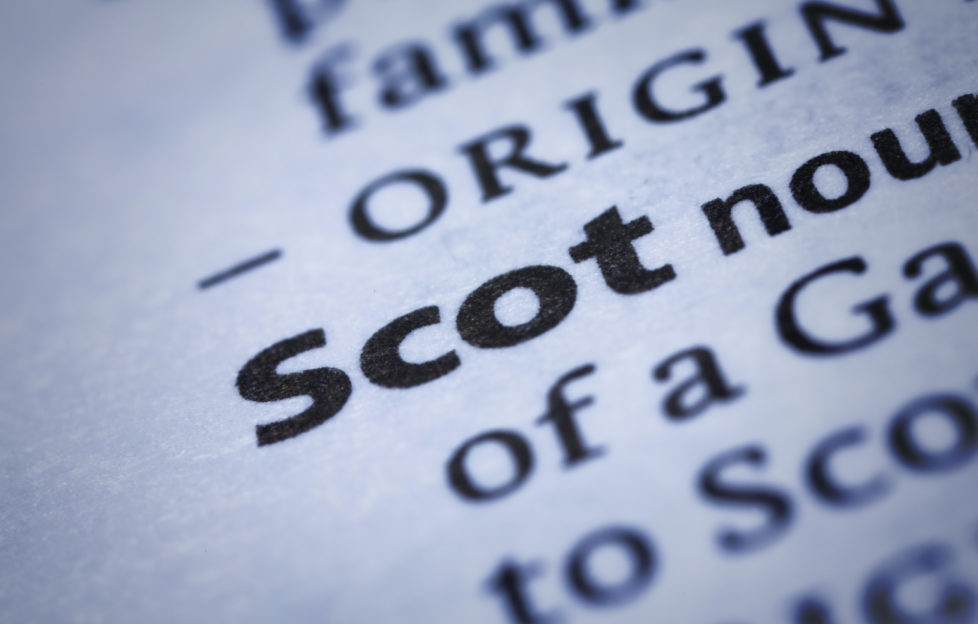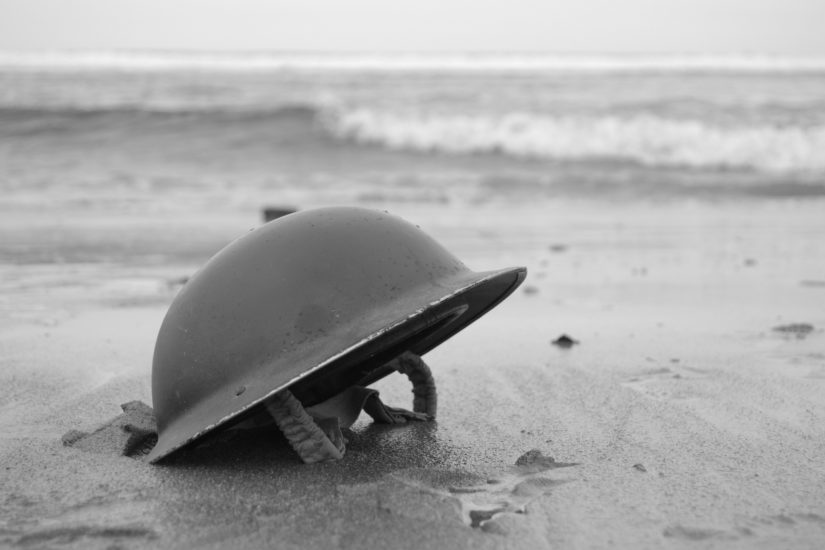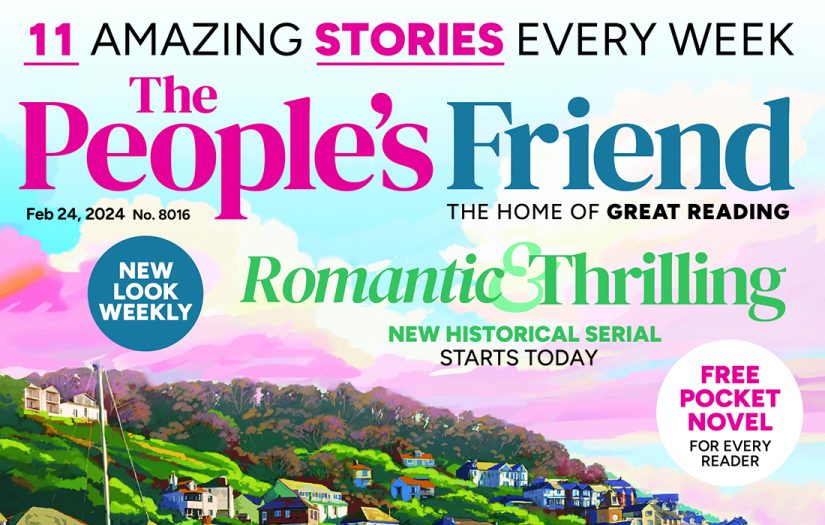Book Week Scotland: Our Favourite Scots Words

According to a new poll released as part of Book Week Scotland, the country’s most iconic Scots word is “dreich”.
Meaning “long-drawn-out, protracted, hence tedious, wearisome; damp, wet, grey weather”, you can imagine it is used a lot this time of year!
With this news, we thought we’d revisit this article on the “Friend” team’s favourite Scots words and phrases.
Do you use any of these?
Are any words quite as descriptive as those in traditional Scots?
On the way into work this morning, it looked very much like rain — which, coming hot on the heels of a very dry spell, was roundly welcomed by all the gardeners in the “Friend” office.
By the time everyone started arriving, they were all drenched by the kind of rain which, although it looks deceptively light, actually soaks you to the skin!
The word for this in Scots is “smirr”, which got me thinking about the wonderful words we use up here every day.
Here are some favourites of the Friend team — with translations!

Judey, Production Team
Scots words I use all the time are “trachled” (exhausted); “scunnered” (weary); “thole” (put up with); “havers” (nonsense); “wheen” (lots); “bide” (stay); “stotting” (bouncing); “gloaming” (twilight); and “braw” (excellent)!

Alan, Fiction Team
Some of my favourites are “cuddy” (horse); “breeks” (trousers); “baffies” (slippers); “hoaching” (busy); and “minging” (yucky). I’m also a fan of “neeps” (turnips); “crabbit” (bad tempered); “dour” (stern and sullen); and “I can’t get out of the bit”, meaning “I can’t get going”.

Jacki, Production Team
I love the word “barkit” (dirty). I was forever getting moaned at as a child for my hands, knees and clothes being barkit. Also, my room was always a “midden” (a rubbish dump!). As you can tell, I’m not a particularly tidy person!

Yvonne, Features Team
I love the word “glaikit” to describe a foolish person. “Clorty” sums up something which is ingrained with dirt.
One expression that I recall my granny saying is “she’s fairly hingin’ intae the beef”, which translates as “she’s overweight and holding onto a few extra pounds!”
What can I say, she never was one to mince her words!

Moira, Design Team
My gran used to say “It’s in the press”, meaning it’s in the cupboard.
I also like “dub”, meaning a puddle; “sna’ aff a dyke”, meaning snow falling from a wall; and “let the doag see the rabbit”, which means “let me in to see what’s going on”!

Shirley, Fiction Editor
I like “manky” (worse than filthy; rotten, smelly, foul). Like the banana I brought to work yesterday!

Lucy, Fiction Team
“Wheesht” (be quiet); “dreich” (rainy and grim); “coorie” (to snuggle in); “clype” (a tell-tale); “close” (either a stairwell in a tenement, or when it’s so hot the air isn’t circulating); “eejit” (an idiot); “bidie-in” (a live-in partner); “fankle” (a muddle); “blether” (can be a noun or verb, a chatterbox or to chat); “stramash” (commotion); “thrawn” (see “crabbit”!); “gumption” (initiative, get-up-and-go); “stour” (dust); “peely-wally” (pale and wan); “sleekit” (sly); “dauner” (a stroll); “skelp” (a slap); “dicht” (wipe, wash); “swither” (hesitate); “footer” (potter about); “laldy” (your best effort); “stooshie” (a palaver); “shoogly” (wobbly); “guddle” (a mess); “smeddum” (spirit); “peching” (out of breath); “girn” (complain); “jalouse” (work out); “chap” (knock on a door); “burn” (a stream); “fash” (fuss); “corrie-fisted” (left-handed); “snell” (biting cold); “haar” (cold sea fog); “wabbit” (exhausted).

Margaret, Production Team
Dad always called us “teenyfitroon” and “hunnyfaethedunny”.
It was years later that I realised Troon was an actual place, and a dunny was the cellar!
For more from the team, read our blog here.
As part of Book Week Scotland, we also revisited a recent interview with popular Scottish author Alexander McCall Smith. Read it here.










